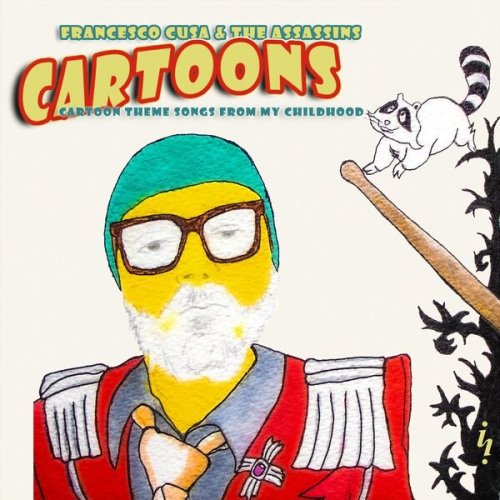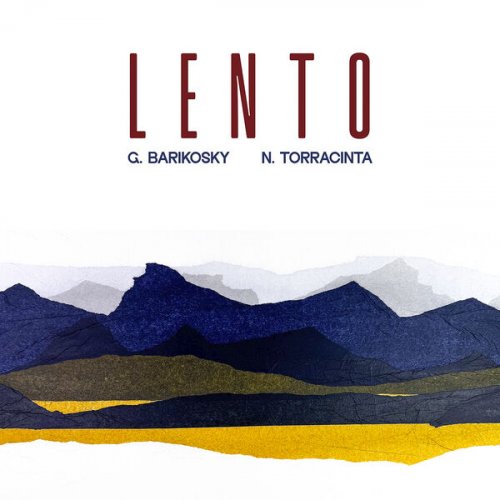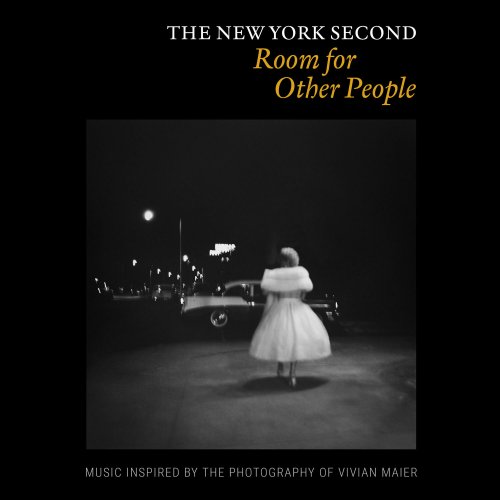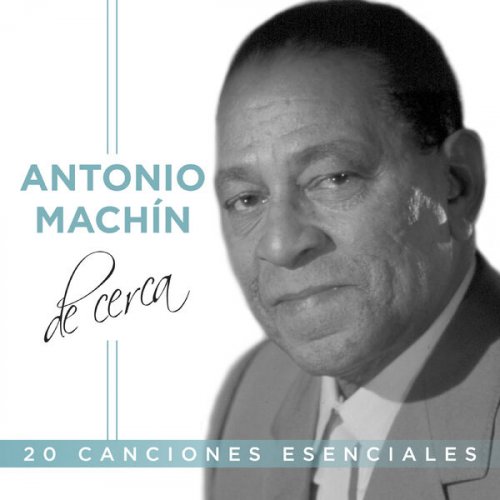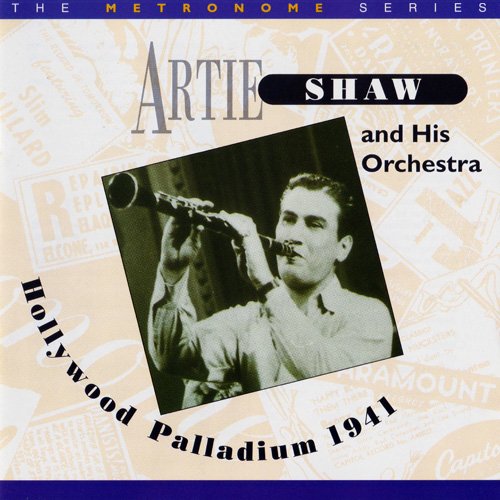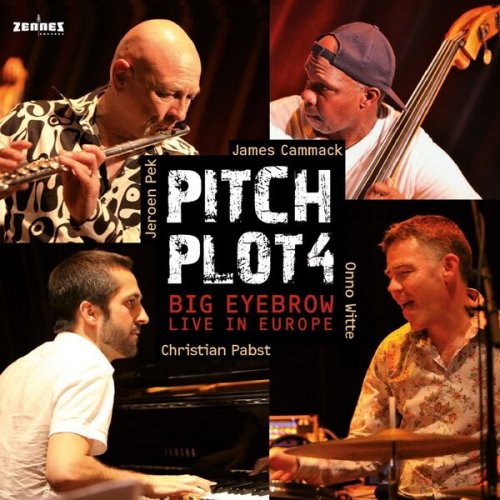Allen Lowe and the Constant Sorrow Orchestra - In the Dark (2023)
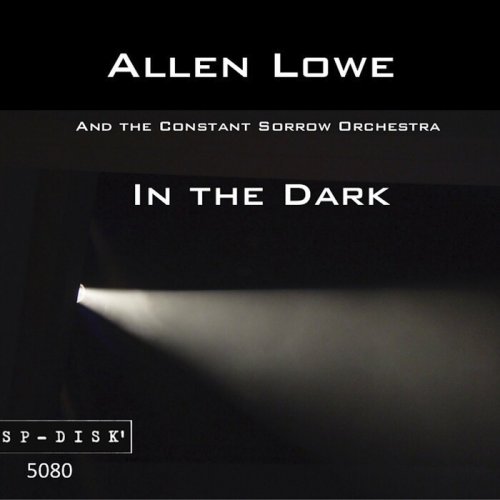
Artist: Allen Lowe, Allen Lowe and the Constant Sorrow Orchestra
Title: In the Dark
Year Of Release: 2023
Label: ESP Disk'
Genre: Jazz
Quality: FLAC (tracks)
Total Time: 2:55:55
Total Size: 1.10 Gb
WebSite: Album Preview
Tracklist: Title: In the Dark
Year Of Release: 2023
Label: ESP Disk'
Genre: Jazz
Quality: FLAC (tracks)
Total Time: 2:55:55
Total Size: 1.10 Gb
WebSite: Album Preview
01. Kickin' the Bucket (5:52)
02. Ralphie’s Theme (6:22)
03. Hiding from a Riff (7:18)
04. In the Dark- Night Terrors (4:21)
05. Castles in the Sand (8:14)
06. In the Dark- Tears (7:02)
07. Out to Brunch (6:20)
08. Boyce's Choice (8:52)
09. In the Dark: Elvis Don’t You Weep (4:57)
10. In the Dark: For Helen (6:03)
11. Junkie Rumble (4:41)
12. Innuendo in Blue (8:50)
13. Goodbye Barry Harris (3:12)
14. In the Dark: Desperate Circles (4:59)
15. What Are We Doing? (3:25)
16. Blues for Old Jews (6:55)
17. In the Dark: Elsa My Dear (3:12)
18. Velasco’s Revenge (7:13)
19. The Potato Eaters (5:02)
20. Jelly Roll’s Broadway Blues (4:22)
21. Hassan's Nap (5:43)
22. In the Jungles (7:04)
23. Poem for Eric Dolphy (3:16)
24. Do You Know What It Means to Leave New Orleans? (9:19)
25. Nita’s Mom (5:46)
26. In the Dark: For Francis (4:13)
27. Crippled Clarence (4:31)
28. Duke Dreams (4:03)
29. In the Dark: Dance of the Apparitions (5:12)
30. Declension (4:44)
31. Memories of Jaki (4:52)
Saxophonist/guitarist/composer/music historian Allen Lowe spans the history of jazz in his music in a way that few have, intertwining the blues, early jazz, bebop, and the avant-garde. A prolific composer who was incorporating American roots music into his jazz decades before it was hip, he has led project bands featuring a broad array of jazz greats.
Allen Lowe writes: In the Dark is a commemoration (sic) of the worst time of my life – a period of time during which, having been operated on to remove a cancerous tumor in my sinus, I slept for only brief periods of time. Sometimes I made it as long as two hours continuously, but most often I dozed off for 20 minutes, 30 minutes, maybe an hour – encamped as I was on my couch, trying not to wake my wife as I wandered in the dark contemplating the long night ahead. Sometimes I turned the television set on and slept fitfully to the sound of the late news shows. Most often I slept most peacefully at about 5 am, only to be awakened an hour or two later by the light that flooded my living room, even with the curtains closed. I could barely breathe through my nose, or any other place; my face had been carved up by the surgeons who saved my life, and I sometimes did mad circles in the dark to see if I could exercise and avoid collisions with inanimate objects like chairs, doors, stairways, tables, etc. I have never before (or since) felt that desperate about anything. For a little while, in the late stages, I was able to breathe better, but then something called neuropathy set in, as what felt like a low-level electric current seething through my left foot. So – at this point I would go to bed at 11PM, and at 1 AM, like clockwork, that left foot began to vibrate, which it would continue to do for five or six hours, leaving me, at 6 or 7 am, with the very temporary relief of sleep – all the while trying to ignore the sunlight that tormented me like a celestial alarm clock that never stopped ringing.
At some point during this ordeal I started composing again. To my surprise – because I felt blank and near-death – the music poured out of me, and the result is this recording (and its ESP companion, America: The Rough Cut). I don’t why it all happened like this, but I am reasonably sure that I will never be this prolific again, that I will never again produce this much good music this quickly.
The music is sometimes structured, sometimes free-improvised, sometimes blues and American song form; Ken Peplowski is let loose to play free jazz on some tracks; Aaron Johnson shows himself to be one of the best and most creative saxophonists playing today; Lewis Porter is a phenomenal pianist, adept at all forms and musical structures. Anthony Braxton has said “Allen Lowe is the tradition,” and I am honored to accept his recognition.
Allen Lowe writes: In the Dark is a commemoration (sic) of the worst time of my life – a period of time during which, having been operated on to remove a cancerous tumor in my sinus, I slept for only brief periods of time. Sometimes I made it as long as two hours continuously, but most often I dozed off for 20 minutes, 30 minutes, maybe an hour – encamped as I was on my couch, trying not to wake my wife as I wandered in the dark contemplating the long night ahead. Sometimes I turned the television set on and slept fitfully to the sound of the late news shows. Most often I slept most peacefully at about 5 am, only to be awakened an hour or two later by the light that flooded my living room, even with the curtains closed. I could barely breathe through my nose, or any other place; my face had been carved up by the surgeons who saved my life, and I sometimes did mad circles in the dark to see if I could exercise and avoid collisions with inanimate objects like chairs, doors, stairways, tables, etc. I have never before (or since) felt that desperate about anything. For a little while, in the late stages, I was able to breathe better, but then something called neuropathy set in, as what felt like a low-level electric current seething through my left foot. So – at this point I would go to bed at 11PM, and at 1 AM, like clockwork, that left foot began to vibrate, which it would continue to do for five or six hours, leaving me, at 6 or 7 am, with the very temporary relief of sleep – all the while trying to ignore the sunlight that tormented me like a celestial alarm clock that never stopped ringing.
At some point during this ordeal I started composing again. To my surprise – because I felt blank and near-death – the music poured out of me, and the result is this recording (and its ESP companion, America: The Rough Cut). I don’t why it all happened like this, but I am reasonably sure that I will never be this prolific again, that I will never again produce this much good music this quickly.
The music is sometimes structured, sometimes free-improvised, sometimes blues and American song form; Ken Peplowski is let loose to play free jazz on some tracks; Aaron Johnson shows himself to be one of the best and most creative saxophonists playing today; Lewis Porter is a phenomenal pianist, adept at all forms and musical structures. Anthony Braxton has said “Allen Lowe is the tradition,” and I am honored to accept his recognition.
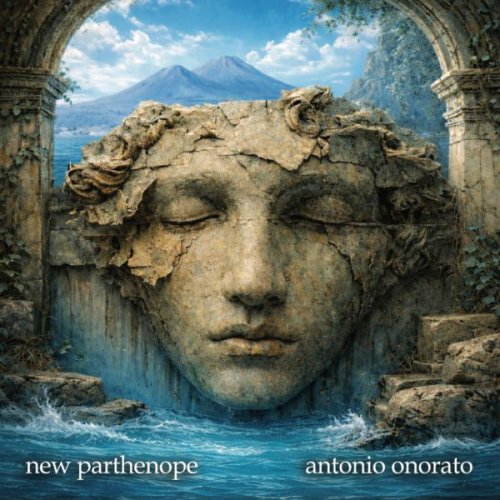
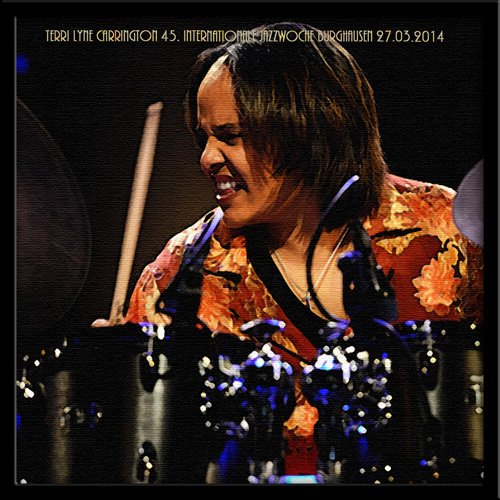
![Bobby Hutcherson - Components (1965) [LP] Bobby Hutcherson - Components (1965) [LP]](https://www.dibpic.com/uploads/posts/2026-02/1770471883_front.jpg)
